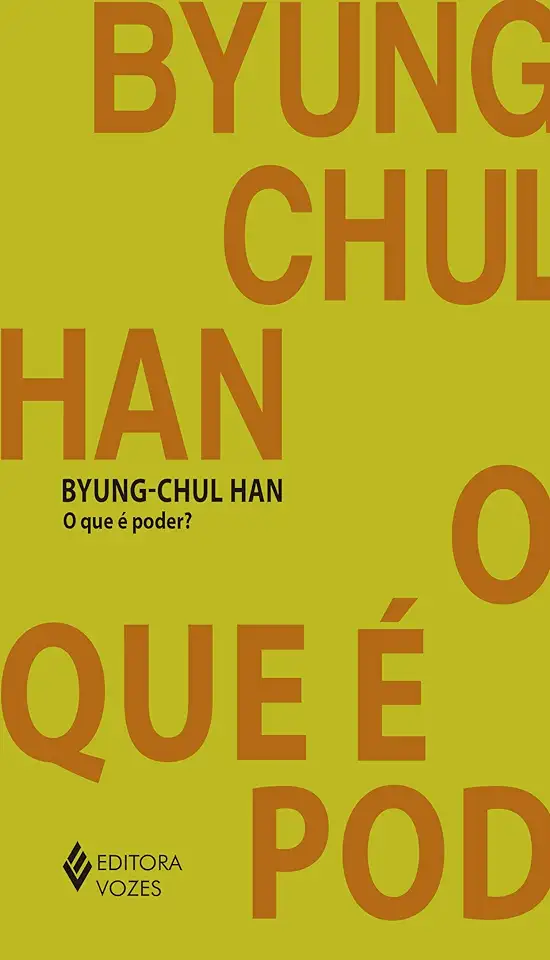
What is Power? - Han, Byung-Chul
What is Power? by Byung-Chul Han: A Profound Exploration of Power Dynamics in the Modern World
In his groundbreaking book, "What is Power?", renowned philosopher Byung-Chul Han delves into the intricate nature of power, offering a fresh perspective that challenges conventional understandings. Through his insightful analysis, Han unveils the subtle yet pervasive ways in which power operates in contemporary society, shedding light on its insidious effects on our lives and relationships.
Power: A Multifaceted Concept
Han begins by deconstructing the concept of power, revealing its multifaceted nature. He argues that power is not simply a possession or a commodity that can be acquired and wielded. Instead, power is a dynamic force that permeates all aspects of human existence, shaping our interactions, institutions, and societies.
The Shift from Discipline to Control
One of the central themes in "What is Power?" is the shift from disciplinary power to control power. Han contends that traditional forms of power, such as those exercised through physical coercion or institutional authority, have given way to more subtle and insidious forms of control. In the modern world, power operates through mechanisms of surveillance, data collection, and psychological manipulation, often without our conscious awareness.
The Rise of the "Powerless"
Paradoxically, Han argues that the increasing pervasiveness of control power has led to a paradoxical situation where individuals feel increasingly powerless. This sense of powerlessness stems from the erosion of traditional sources of authority and the fragmentation of social structures. As a result, individuals become isolated and atomized, unable to effectively resist or challenge the forces that shape their lives.
The Pathology of Power
Han also explores the pathological aspects of power, highlighting its potential to corrupt and dehumanize those who wield it. He argues that power can lead to a loss of empathy, a disregard for human dignity, and a tendency towards violence and domination. This pathology of power is evident in various forms of tyranny, oppression, and exploitation that have plagued human history.
The Path to Resistance
Despite the seemingly overwhelming nature of power, Han offers a glimmer of hope by suggesting strategies for resistance. He emphasizes the importance of cultivating critical thinking, fostering solidarity, and reclaiming our autonomy as individuals. By resisting the seductive allure of power and embracing our collective strength, we can strive to create a more just and humane society.
Conclusion: A Must-Read for Understanding Power Dynamics
"What is Power?" is a thought-provoking and essential read for anyone seeking to understand the complex dynamics of power in the modern world. Byung-Chul Han's incisive analysis and compelling arguments provide a fresh perspective on this timeless topic, challenging us to rethink our assumptions and confront the insidious ways in which power shapes our lives. A must-read for philosophers, sociologists, political scientists, and anyone interested in the human condition, "What is Power?" is a profound exploration that will leave a lasting impact on your understanding of power and its implications for our society.
Enjoyed the summary? Discover all the details and take your reading to the next level — [click here to view the book on Amazon!]